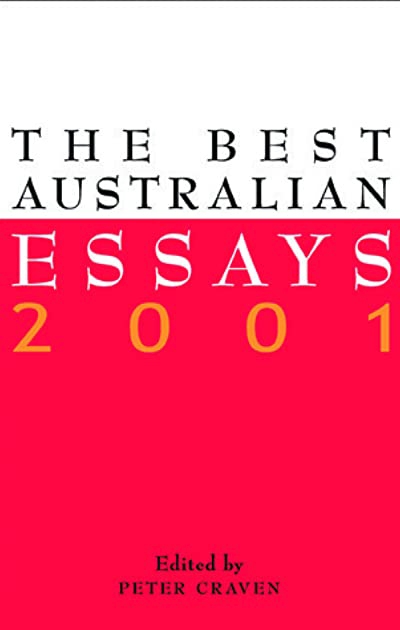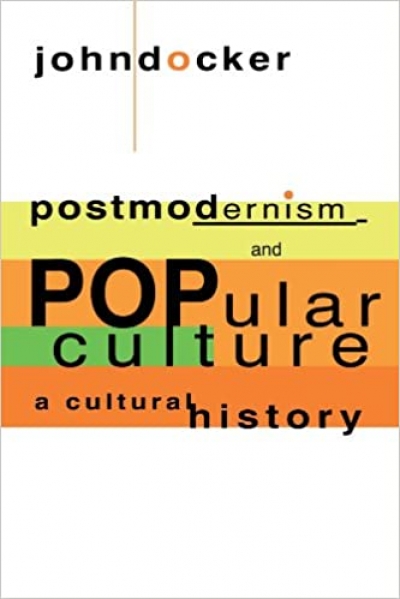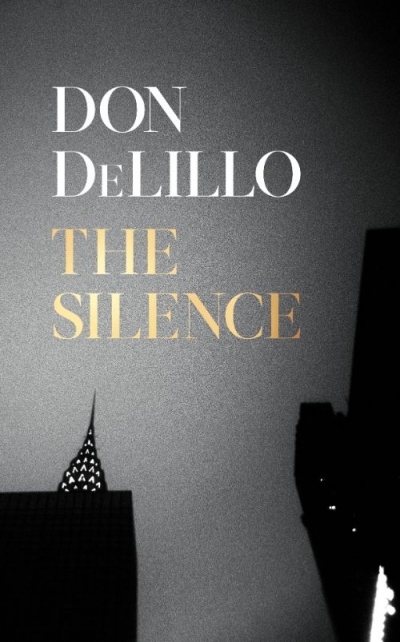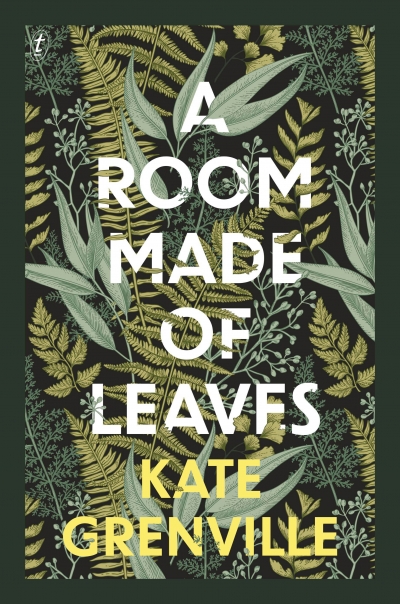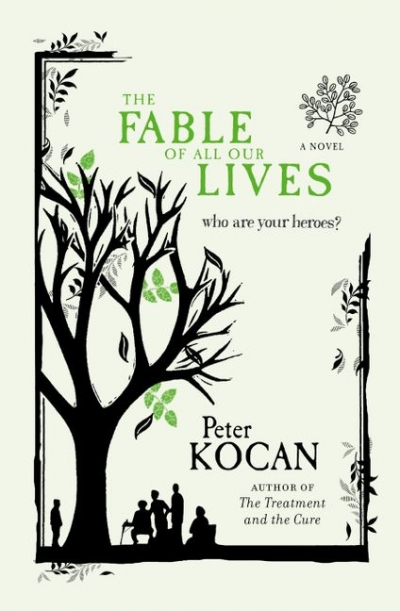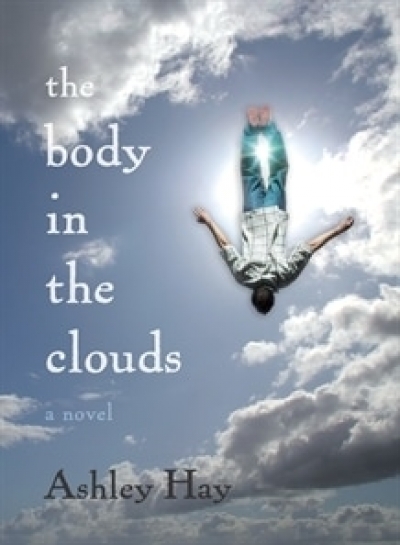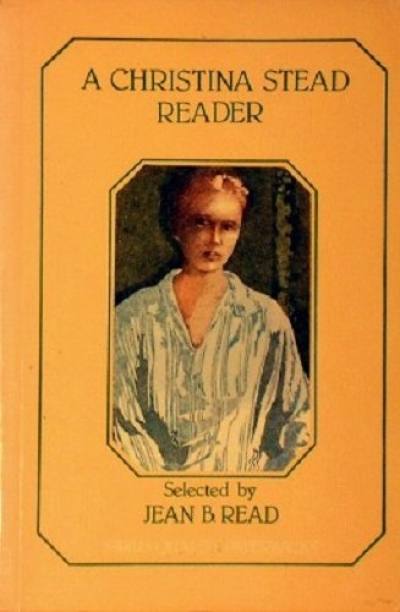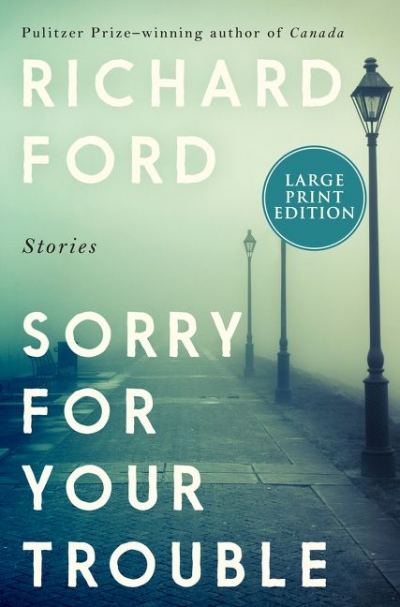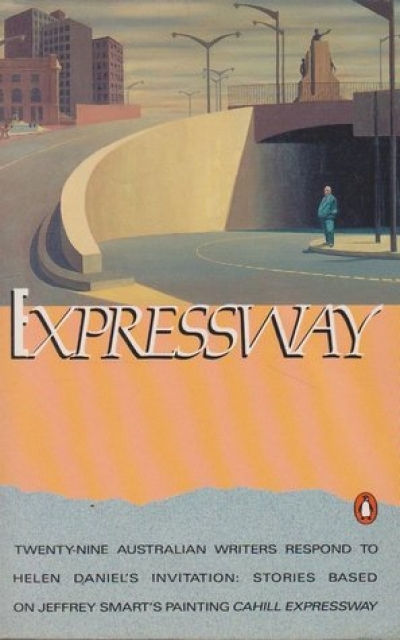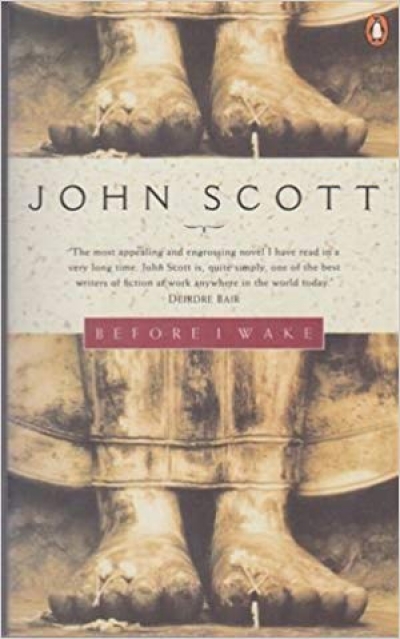Don Anderson
Don Anderson is the author/editor of eight books, collections of essays and reviews, and anthologies of prose, largely of texts from the Americas, Australia, and Europe. For fourteen years in the 1980s and 1990s he was a regular literary columnist in the National Times and the Sydney Morning Herald. He was for thirty years a member of the English department at the University of Sydney, where he taught American, Irish, and Australian literature, and literary theory. He was for some years a member of the Advisory Panel of ABR.
Where are the studies, the seminars, the books on John Laws, one of the greatest phenomena of popular culture in Australia for more than twenty years?
Michael Duffy, The Independent Monthly November 1994
They fall through your letter box thick as autumnal leaves that straw the brooks in Vallombrosa, as fast and furious as knickers fall in ‘Melrose Place’ or reputations in ‘Models Inc. ... (read more)
‘Literary talent,’ writes Martin Amis in his new ‘novel’, Inside Story, ‘has perhaps four or five ways of dying. Most writers simply become watery and subtly stale.’ Not so the eighty-three-year-old Don DeLillo, who has published seventeen novels over the last fifty years, all of them muscular, intelligent, prescient. In 1988, he told an interviewer from Rolling Stone, ‘I think ficti ... (read more)
Kate Grenville’s new novel, her first in almost a decade, is dedicated to ‘all those whose stories have been silenced’, for which, as its ‘memoirist’–narrator heroine is Elizabeth Macarthur, we might read ‘women’. Did she – wife of the notorious John Macarthur, wool baron in early Sydney – write what Grenville’s publishers call ‘a shockingly frank secret memoir’? In her ... (read more)
In or about that annus mirabilis 1968, Philip Roberts – academic, musician, poet and founder in 1970 of the poetry imprint Island Press – delivered a conference paper entitled ‘Physician Heal Thyself’, which considered eminent poets who had also been medical practitioners. (Roberts had gone from Canada to Oxford as a Rhodes Scholar to study medicine, but in a Pauline moment switched to Art ... (read more)
The Body in the Clouds, Ashley Hay’s scintillating and accomplished first novel, is in fact her fifth book, its predecessors all being non-fiction. There was the Lord Byron book, The Secret: The Strange Marriage of Annabella Milbanke and Lord Byron (2000), Gum: The story of eucalypts and their champions (2002), Herbarium (2004) and Museum: The Macleays, their collections and the search for order ... (read more)
From August 1978 through January 1979 I read the complete fiction of Christina Stead, as well as those of her critical writings I could locate. A writing career of more than forty years consumed by a voracious reader in six months! I trust that I was as scrupulous and sympathetic a reader as Christina Stead is an ethically and technically scrupulous, sympathetic novelist.
I read this commanding b ... (read more)
Richard Ford, born in 1944, is a North American novelist, short story writer, and anthologist of considerable distinction. His recurring character Frank Bascombe – The Sportswriter (1986), Independence Day (1995), The Lay of the Land (2006), Let Me Be Frank with You (2014) – is a commanding figure of American letters to rank with John Updike’s Rabbit Angstrom, each a protagonist used by his ... (read more)
Prelude
From this I shall evolve a man.This is his essence: the old fantoche
Hanging his shawl upon the wind,Like something on the stage, puffed out,
His strutting studied through the centuries.At last, in spite of his manner, his eye
A-cock at the cross-piece on a poleSupporting heavy cables, slung
Through Oxidia, banal suburb …Professor Eucalyptus responds to the host.
If the proof o ... (read more)
As for this letter you describe – so explicit, so extreme, that at the moment of its first description the reader might ejaculate across its pages-is it not the condition to which all writing has aspired? Demanding that admission of desire (no matter how unlikely, how unspeakable), an honesty, so absolute it would produce a masterpiece.
John A. Scott, What I Have Written
A masculin ... (read more)

